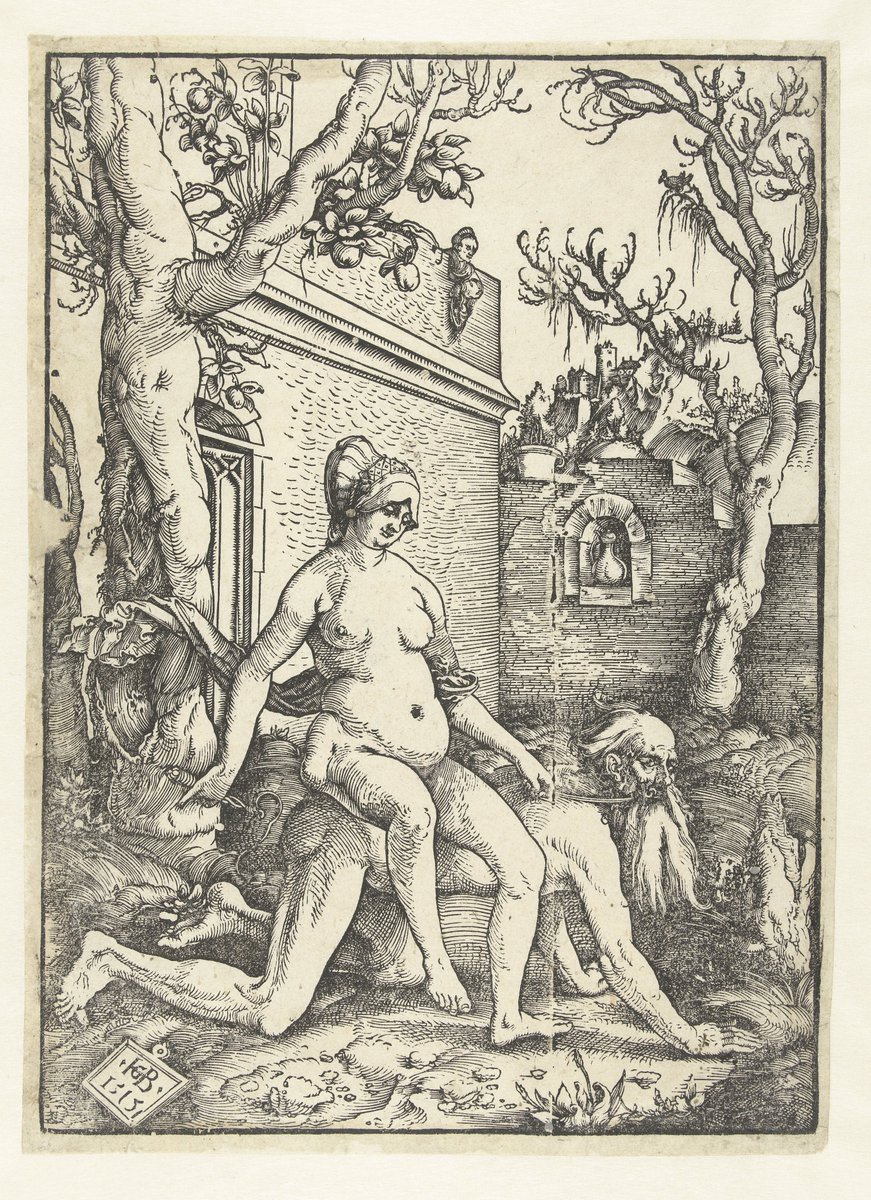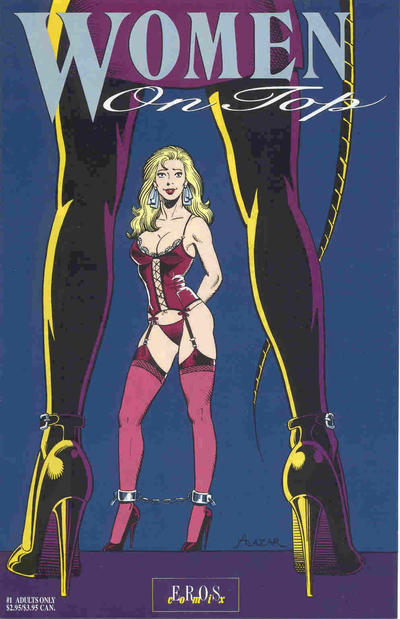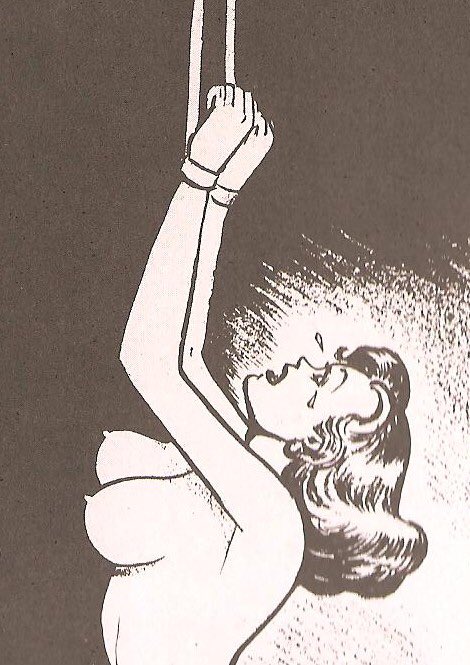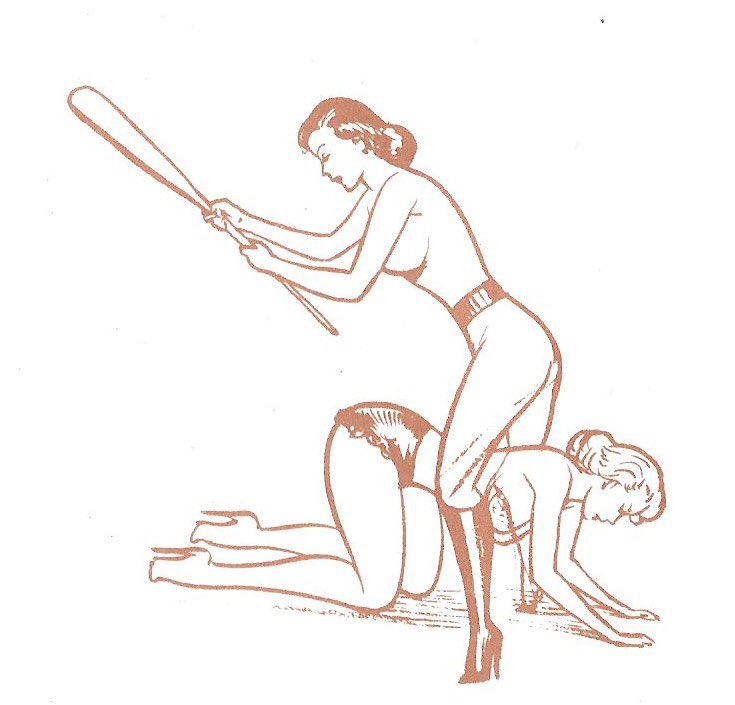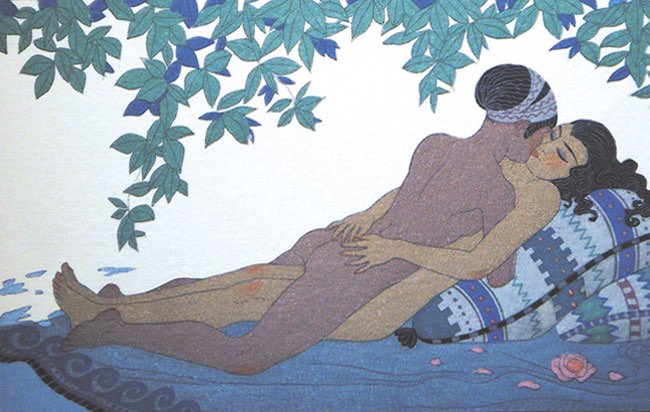And the winner is...
The amazing and incredible @DominaDali for her wonderful Ouija board ankle socks!!! 😁❤️😈🖤💀
We loved this picture and there were some very close seconds. Ultimately it came down to a coin toss because it was so hard to decide.

The amazing and incredible @DominaDali for her wonderful Ouija board ankle socks!!! 😁❤️😈🖤💀
We loved this picture and there were some very close seconds. Ultimately it came down to a coin toss because it was so hard to decide.


Thank you all so, so much for your participation and for helping us have such a wonderful, spooktacular #Socktober!!
Go and follow all of these amazing sock goddesses:
@realShaePeach
@Ladytoes2
@SadisticSophia
@princessbellaso
@Pixxxie__Dust
@Ryanolivia82
@Robyn_Wonderxx
@May_Matters
@piccolo_pesce
It was really a treat to have all of them join in.
@realShaePeach
@Ladytoes2
@SadisticSophia
@princessbellaso
@Pixxxie__Dust
@Ryanolivia82
@Robyn_Wonderxx
@May_Matters
@piccolo_pesce
It was really a treat to have all of them join in.
We’re getting ready to put up the contest for November (fall socks this time), so stay tuned! ❤️🍁🍂🧦
• • •
Missing some Tweet in this thread? You can try to
force a refresh





